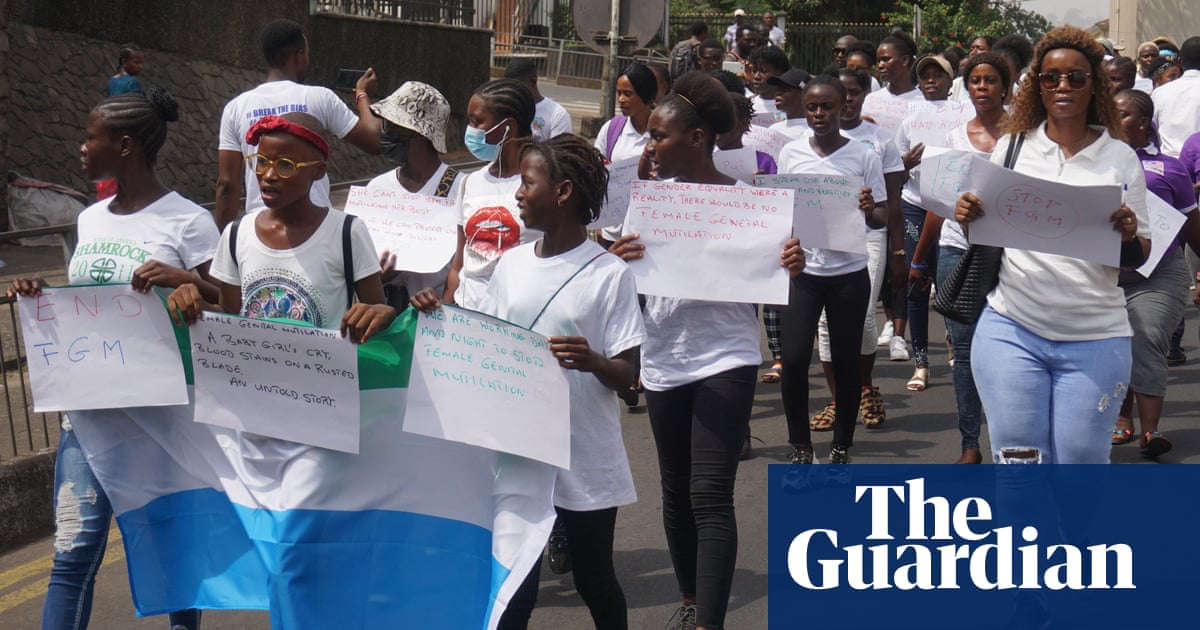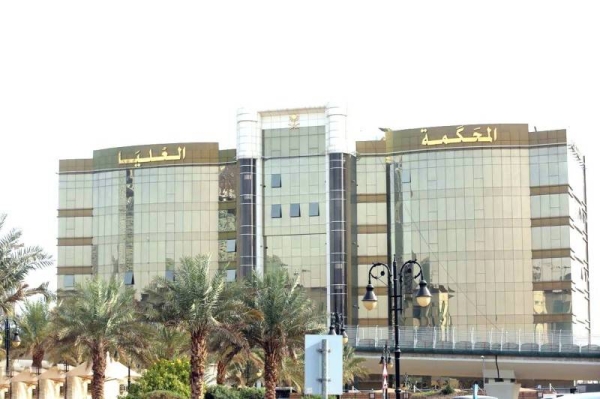
The death of a young woman in Sierra Leone, almost immediately after undergoing female genital mutilation, has sparked outrage and revived calls to end the practice.
The body of 21-year-old Maseray Sei was found on 20 December at Nyandeni village in Bonthe district, southern Sierra Leone, a day after the FGM took place. Sei’s family said that after the procedure the mother of two boys complained of a migraine and was in pain, with complications from FGM thought to be the cause, according to activists working on the case.
The family are now pressing for a postmortem. Sei’s body was found in a “Bondo bush”, the enclosure of a house belonging to the centuries-old secret women’s Bondo society, common across largely rural Sierra Leone, where FGM often takes place.
Sierra Leone has one of the highest rates of FGM in the world, with nine out of 10 women and girls aged between 15 and 49 affected, according to Unicef. Despite restrictions on secret societies since the Ebola outbreak in 2014, and particularly on their initiation rites, of which FGM is often a part, the practice remains legal in Sierra Leone, with politicians accused of making statements backing FGM and of funding Bondo houses.
The societies are important cultural institutions, rooted in ancient rituals believed to protect communities against evil and guide adolescent girls to womanhood.
After Sei’s death, police arrested a number of soweis – senior society members who do the cutting in FGM – as well as a village chief in the Bonthe district, responsible for regulating the secret societies.
Rugiatu Turay, an activist and former deputy minister for gender in Sierra Leone, said the case was another shocking example of the toll of FGM on women.
“It’s a tragic case and, in a way, shows how many more people like her have died or are suffering, because the majority of cases are unreported,” she said.
Turay chairs a coalition of 21 national groups fighting FGM which is now putting pressure on the authorities to carry out the postmortem.
“It’s the next important step for us to get clarity in this case,” she said.
Senesie Amara, an activist working with Sei’s family, said relatives reported she was in good health the day before the FGM.
“She went to fetch wood and water for her aunt, she was physically fine on 18 December. That night she slept at the Bondo house, and that was when things got bad,” Amara said.
“For the family, it’s very shocking. They loved her.”
Sei was the mother of a four-year-old and a six-month-old baby, and was still in secondary education due to starting school late and repeating numerous years, Amara said, describing how despite her challenges she fought for a better life for herself and her sons.
But community pressure to undergo FGM increased after she had her second child. “She went to her uncle on the 11th of this month, and told him she wanted to join the Bondo society. He said he didn’t have money to give her, he was working on refurbishing their family house. She then went to her boyfriend. He gave her 200,000 leone [£13],” Amara said.
Bondo societies have seen many changes, Turay said, yet FGM remains a central and dangerous practice.
“While in government I pushed for Sierra Leone to have a national strategy for ending FGM but this was resisted,” she said. “Over the years a lot of things have changed within the Bondo culture, and our organisation looks at how we can build on the better aspects of our culture, wherein women can be trained and empowered.”
After Sei’s death, videos on social media showing political figures in Sierra Leone promising to protect FGM practices have been condemned by activists.
The gender equality charity, Equality Now, said last week: “We strongly condemn the actions of politicians supporting FGM and urge the government to prosecute all offenders putting women and girls at risk.”












